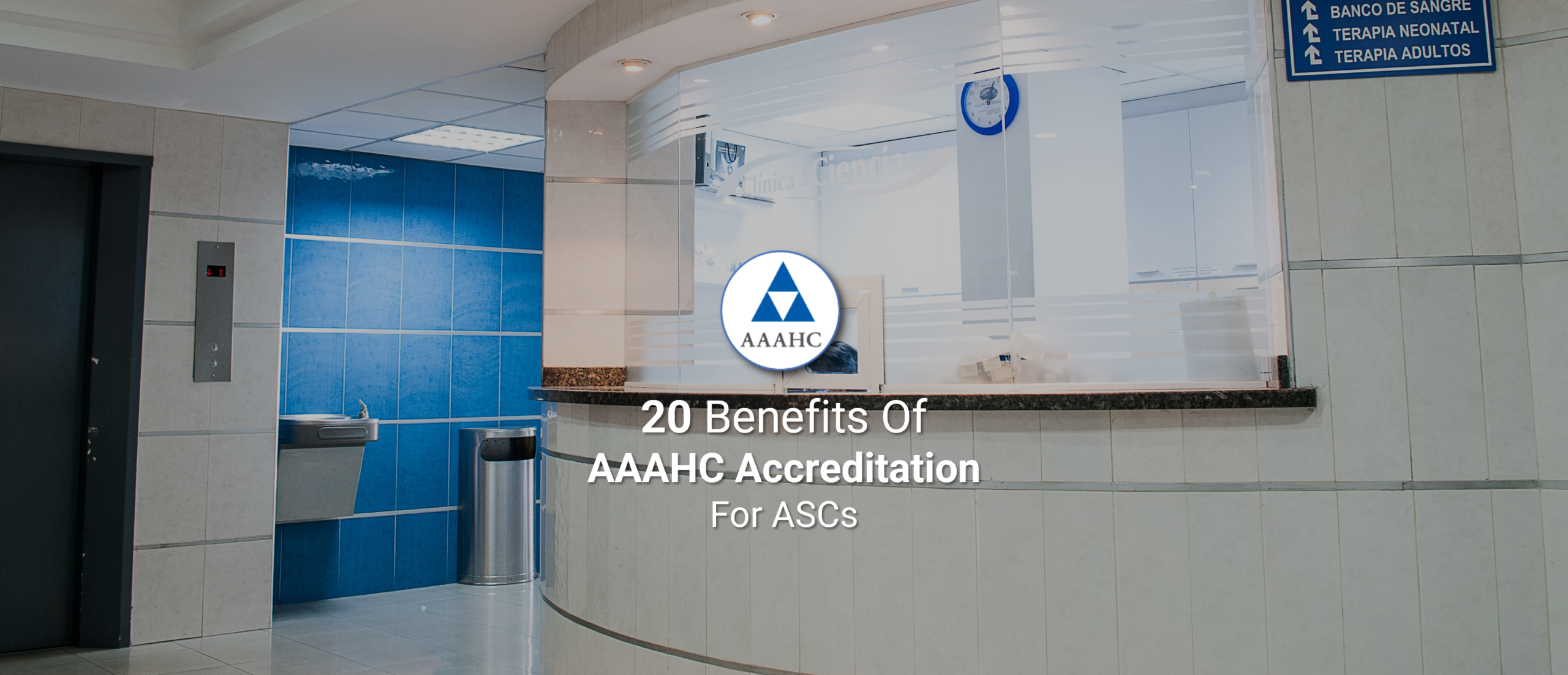Fifth Avenue Healthcare Services released a recent report revealing that sister company, Primoris Credentialing Network, performs better than the national average in delegated credentialing.
New providers opting for Primoris experience a significantly faster delegated credentialing process, 81 days faster when compared to the industry average of 90 days. The report also found that enrollment with non-delegated payers is quicker than all other payers, on average 25 days faster.
Enrolling with Primoris through delegated or non-delegated payer enrollment can generate more revenue for new providers. Merritt Hawkins conducted research in 2019 that showed the average annual revenue of all physicians was $2,378,727. Provider enrollment through Primoris can yield up to $1,223,424 in new revenue, depending on the payer billing mix.
It is worth noting that providers usually need to re-enroll or be reappointed every two to three years. During this period, no additional revenue is typically generated if the provider is enrolled before their status with the payer expires. However, the initial benefits of delegated credentialing can have a profound impact, providing advantages for providers and their practices.
What Exactly is Delegated Provider Enrollment?
Provider enrollment is a multi-step process where providers apply for and contract with health plans, networks, Medicare, and Medicaid. This process enables providers to receive payment for their services.
Provider enrollment is usually comprised of three distinct stages, each with its unique complexities:
Stage 1: Credentialing or Primary Source Verification (PSV)
Credentialing is a crucial process that confirms a provider’s competence to provide treatment. Providers must undergo this meticulous task before enrolling in a health plan or network option. Payers hesitate to include negligent medical professionals in their plans because medical malpractice can result in significant financial losses due to damages and litigation expenses.
Stage 2: Payer or Plan Application
Each health plan has its unique application process. This can create challenges for providers who must navigate various enrollment policies and application requirements, varying depending on the state, plan, network, and practice area. For busy providers, figuring out how to apply to specific plans can be time-consuming. Additionally, filling out the necessary paperwork can be an additional burden.
Stage 3: Contracting
During the credentialing and plan application stages, the health plan will send a contract to the provider to review and sign. Once the provider approves the terms and signs the contract, the plan will counter-sign the agreement. After the credentialing process is complete, the plan initiates the loading process and sets a date for the provider to start accepting covered patients and begin billing. This same process is repeated for each health plan that the provider applies to join.
Delegated Credentialing Simplifies the Process
Delegated credentialing, also called delegated provider enrollment and delegated payer enrollment, refers to agreements between health plans and networks to speed up provider enrollment, making the process simpler for providers and allowing them to bill faster.
When a payer delegates the credentialing and health plan enrollment process to Primoris Credentialing Network, we can complete the credentialing and enrollment of member providers through a single process applied to multiple health plans. We submit and follow up with the health plans until the desired enrollment is attained.
With delegated contracts with over 54 health plans and networks, we can use a single application for enrollment with approximately 25 payers, reducing the amount of work providers need to complete before they can start billing.
Outsourcing Delegated Credentialing Creates More Benefits
The value of delegated credentialing goes beyond increased revenue, especially if you outsource the entire process to the experts at Primoris.
Delegated Credentialing Benefit: Reduce mistakes and risks
Provider enrollment is a crucial process that requires attention to detail. Even a minor mistake can lead to complications that harm a practice’s profitability and reputation. To avoid these risks, it is recommended to hire experts specializing in provider data management who can perform background checks and complete health plan enrollment accurately. With their help, the process can be completed more efficiently and with less risk. Generally, the enrollment process takes 60 to 90 days, but it can take longer if errors are made.
Delegated Credentialing Benefit: Reduce staff impacts
Given the importance of the enrollment process, it is not uncommon for office staff to focus solely on that task and not be responsible for any other duties. This is because credentialing and enrollment are complex, involving multiple steps that must be followed correctly. The office staff responsible for the task must ensure that all the necessary documentation is collected, verified, and submitted to the respective health plans or networks. They must also ensure that every form is filled out correctly.
Outsourcing provider enrollment allows office staff to focus on other critical duties that they are more qualified to perform, such as patient care and revenue generation.
Delegated Credentialing Benefit: Increase control
In a world where people expect easy access to their data and demand that their sensitive information be protected from external forces, a web portal like Primoris can meet these modern expectations.
With the ability for users to track every step of the provider enrollment process, the web portal offers both accessibility and data privacy. Primoris understands that data privacy is a priority and has designed its web portal to provide secure access to users’ sensitive information while delivering results quickly and efficiently.
Delegated Credentialing Benefit: Access a wide range of plan options
Enrolling in health plans and networks can be a hassle for providers. However, partnering with a credentialing IPA like Primoris that offers a range of 54+ health plans and networks can make the process more manageable. It allows practices to be ready for their providers’ requests for plans they may not be enrolled in.
Primoris also continually expands its network to provide more choices to its provider clients. When Primoris adds a new option to its network, its clients are immediately notified and can take advantage of the new offering before it is even announced in the market.
Delegated Credentialing Benefit: Create assurance
Outsourcing provider enrollment can offer peace of mind to a practice and its providers. Entrusting the demanding enrollment job to skilled professionals can free the practice staff to focus on their best-suited tasks. By delegating enrollment duties, practices can eliminate the stress of managing every detail of the process while ensuring that providers are efficiently enrolled in plans or networks. This can also alleviate financial fears since providers can bill as soon as they are enrolled.
2 Bonus Strategies to Boost Revenue
Delegated credentialing is only one way to increase revenue in healthcare. Three significant strategies are interlinked, with delegated credentialing being at the center of it all.
Bonus Strategy 1: Work With A CVO
A CVO (credentials verification organization) helps providers, practices, and other medical organizations verify the qualifications and experience of physicians using primary sources. The CVO is responsible for obtaining and confirming the relevant information, which can reduce the administrative burden on organizations. With the help of a CVO, organizations can ensure that their providers are correctly credentialed without having to invest excessive time and resources into conducting the verification process themselves.
Also, errors in credentialing can have significant financial consequences for medical practices and organizations. An unqualified healthcare provider can harm patients, leading to costly medical malpractice claims, with an average payout of around $101,000. To avoid these risks, CVOs employ experienced professionals who specialize in credentialing and ensure that only the best practices are followed. By relying on a CVO, practices can reduce the chances of inexperienced or busy staff members making errors that could lead to malpractice claims.
Bonus Strategy 2: Cut Costs
Outsourcing credentialing and provider enrollment can be a simple and effective way for medical organizations to reduce costs. By doing so, they can avoid expenses such as employee turnover costs, training costs, payroll taxes, workers’ compensation, and increasing employee benefit costs. Additionally, outsourcing eliminates the need for paid time off for an in-house provider enrollment team, ensuring that the credentialing process is consistently handled without interruption.
A report indicates that by eliminating an in-house credentialing specialist, a practice could save over $70,000 annually through salary, taxes, benefits, and health insurance cost reductions. This would reduce the expenses that eat into revenue. Additionally, paperwork and storage requirements can decrease revenue margins.
One Strategy to Control Them All
By utilizing delegated credentialing with Primoris, providers can take advantage of the close relationship between that company and the fantastic CVO team known as 5ACVO. Both companies are part of the Fifth Avenue Healthcare Services family, which allows member providers to benefit from streamlined processes and increased efficiency. This partnership ensures that providers receive the highest quality of service and administrative support available in the industry as well as remarkable financial advantages.
Primoris: Driving the Value of Delegated Credentialing Higher
The payer enrollment process constantly evolves, and providers must adapt to navigate the changing landscape effectively. By using a service like Primoris, providers can access a broader range of options, leading to more revenue-generating opportunities. Additionally, Primoris can help providers in specific market areas quickly and easily join a health plan or network.
The credentialing IPA recently entered the Illinois and Missouri markets. The expansions were made possible via the cooperation of Anders CPA + Advisors, a trusted partner of Primoris and the Fifth Avenue Healthcare Services family of companies.
Anders CPA + Advisors is a professional services firm that offers advisory, audit, assurance, and tax services to businesses of all sizes. Additionally, they can assist healthcare providers in obtaining their licenses after completing the complicated credentialing and provider enrollment processes that Primoris can efficiently manage.
Primoris now has delegated contracts with payers and networks in Illinois, Missouri, and Oklahoma, which lets the IPA serve 1000s of providers across the United States. The company constantly seeks to broaden its contract offerings to give providers and practices more billing opportunities.
Primoris aims to become the go-to company for healthcare providers or groups regarding credentialing and provider enrollment needs. The company strives to increase the value of delegated credentialing, which would benefit both the providers and the company in achieving its mission.
Discover the Value of Delegated Credentialing Today
Healthcare providers are often overburdened with work, which includes staying up to date with the latest industry developments while also delivering quality patient care. Additionally, providers have limited time to fill out various applications for enrolling in multiple health plans. The traditional enrollment process can be time-consuming and inefficient. To streamline the enrollment process and generate revenue faster, providers can turn to Primoris.
Providers can use delegated credentialing to enroll in numerous health plans and network options by filling out just one application. Providers can regain control of their payer enrollment and devote more time to patient care and other critical tasks.
More information about Primoris Credentialing Network
Primoris Credentialing Network is NCQA Credentialing Accredited specializing in credentialing and provider enrollment with 54+ health plan and network provider enrollment options. Primoris is a family member of Fifth Avenue Healthcare Services. Sister companies include 5ACVO (credentialing and primary source verification specialists) and Fifth Avenue Agency (MPLI and medical malpractice specialists).
Primoris initially published this article here. For more information on Primoris Credentialing Network, please visit PrimorisCredentialingNetwork.com or Contact Us.



















